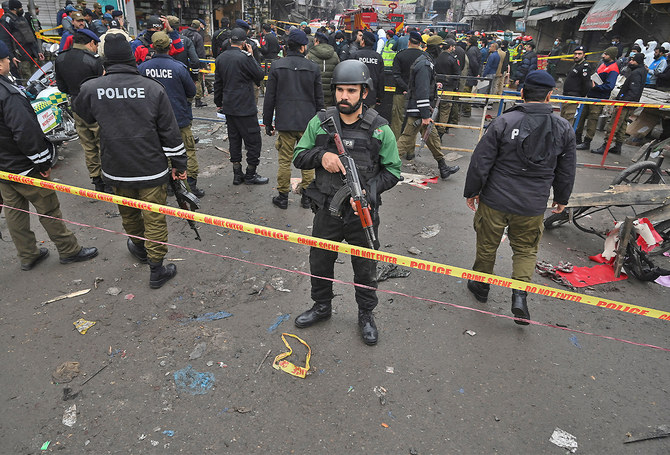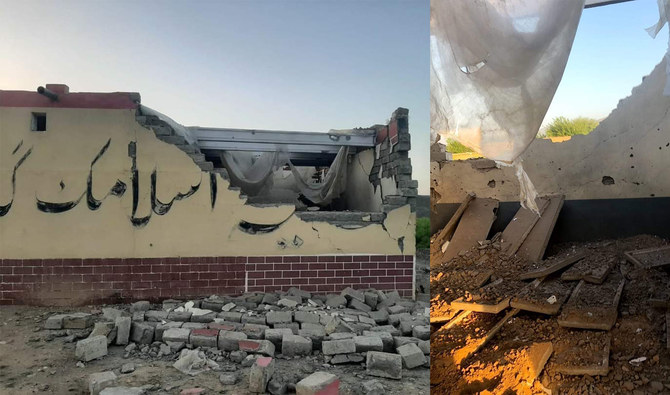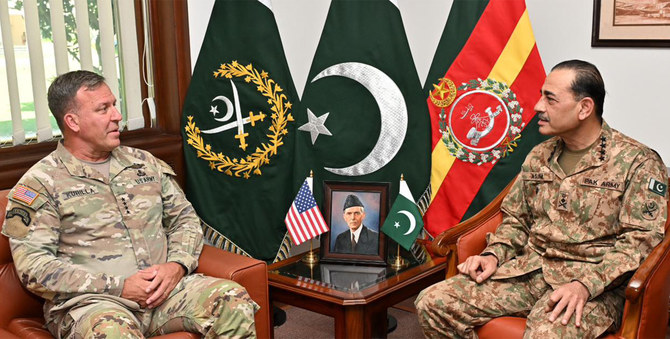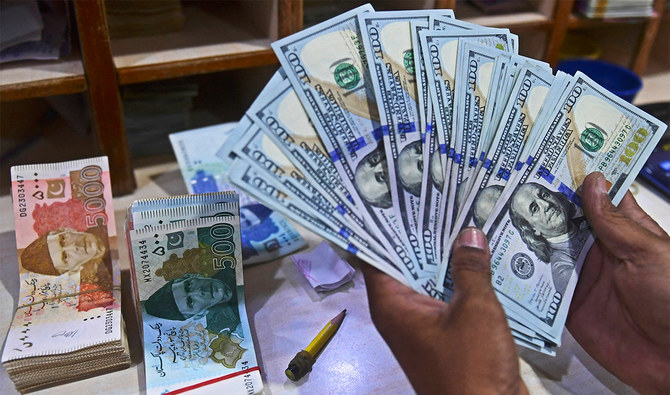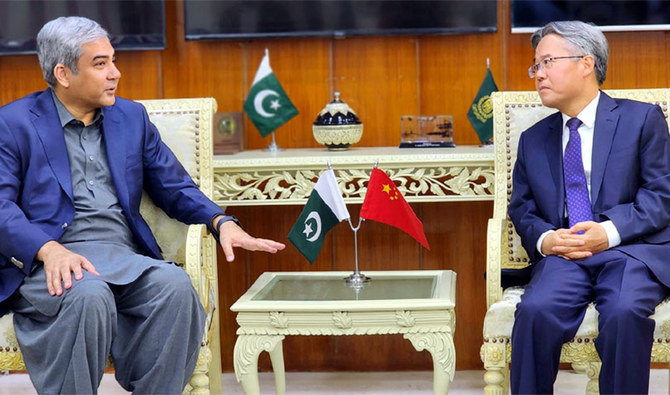ISLAMABAD: Pakistan’s Punjab provincial police have beefed up security across the province a day after a deadly blast in the country’s eastern city of Lahore killed three people and wounded 26 others, officials said on Friday.
The explosion occurred in the city’s famous Anarkali bazaar, a crowded neighborhood with closely packed shops and narrow streets, on Thursday afternoon.
A newly formed militant group, the Baloch Nationalist Army, claimed responsibility for the blast in a Twitter post. The group was formed earlier this month as a merger of two small separatist groups — the Balochistan Republican Army and the United Baloch Army.
“We are on our toes and looking into the situation,” Kamran Adil, a deputy inspector-general of police in Punjab, told Arab News on Friday.
He said it was premature to name any militant group for the attack as “the case is under investigation and hopefully it’ll work out soon.”
The police said a time-controlled device was used to carry out the blast using an explosives-laden motorbike. “All questions will be answered after completion of the investigation,” Adil said, when asked about the type of explosives used in the blast.
Pakistan has seen a series of small-scale attacks targeting policemen, security forces and civilians in the recent weeks, following the breakdown of talks between the government and the Pakistani Taliban, or the Tehreek-e-Taliban Pakistan (TTP), in December last year.
On Monday, a policeman was killed and two others wounded when gunmen opened fire on them in the country’s federal capital. Interior Minister Sheikh Rashid Ahmed warned the attack could be the beginning of a new wave of terrorism. The TTP claimed responsibility for the attack in a statement sent to journalists.
Adil said the police were separately dealing with specific intelligence information and security threats to avoid any recurrence.
“We have done target-hardening as part of our basic strategy, but no specific threat at this stage,” he said. “This is a domain where we keep working continuously.”
Security analysts said the Pakistani Taliban were trying to demonstrate their strength through attacks in different cities after the government refused to accede to their demands.
“Some top TTP commanders have recently been killed in eastern Afghanistan and the recent attacks in Pakistan seem to be a reaction by the indigenous militant groups,” Imtiaz Gul, a security analyst, told Arab News.
He said the militants might carry out sporadic attacks in Pakistan for some time, until the security forces eliminate their sleeper cells through concerted operations.
“It’s an ongoing task for the security forces, but one thing is for sure: terrorists have no place on Pakistani territory,” he added.
Lt. Gen. (retired) Amjad Shoaib, a defense and security analyst, said the militants were trying to create a psychological impact and scare among the people through attacks in the cities to show a “false strength” of their networks.
“This isn’t a new wave of terrorism, nor it could be as our security forces are vigilant and would soon be able to flush out these remnants of the dead militant outfits,” Shoaib said.



